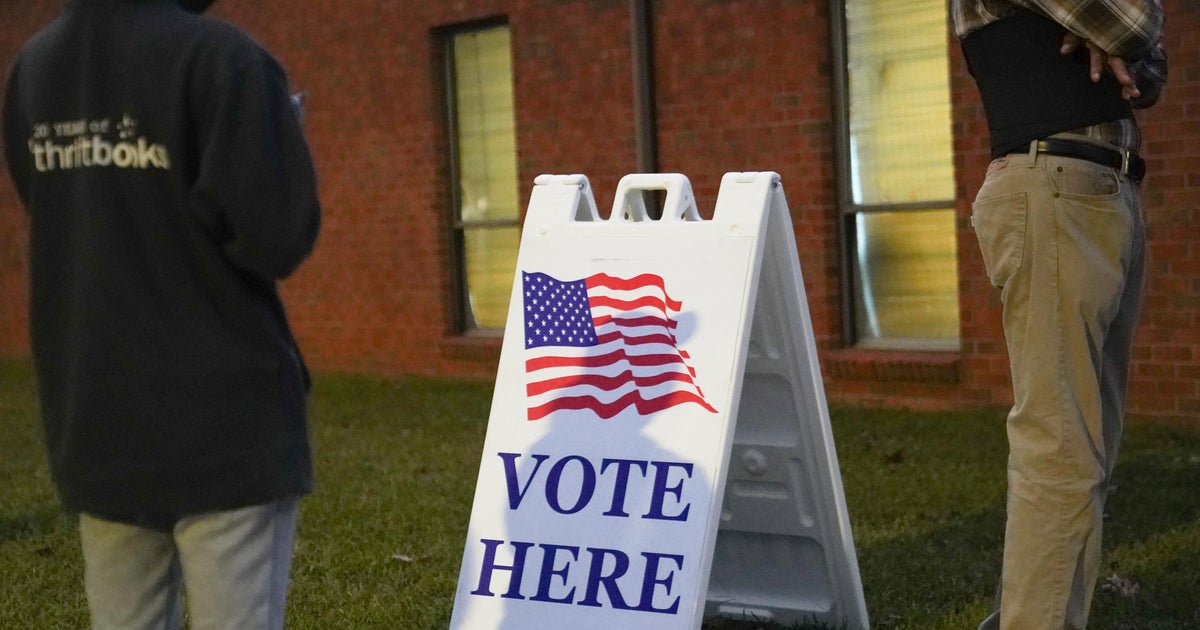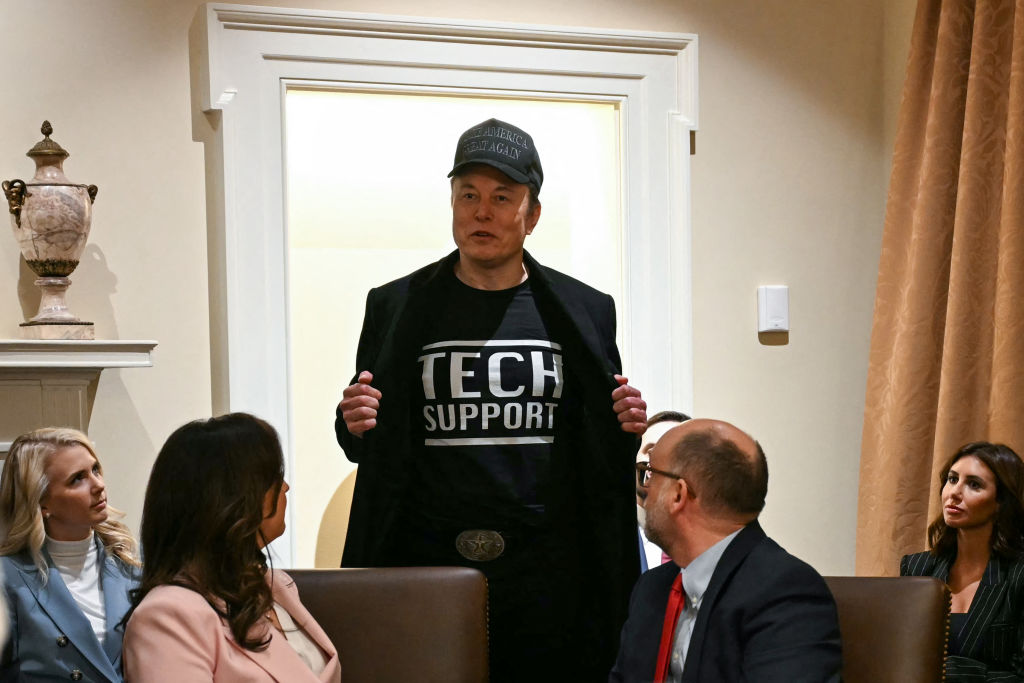Florida ex-felons can begin registering to vote as amendment takes effect
MIAMI — The right to vote was restored for most Florida felons as of Tuesday, increasing the pool of eligible voters by as many as 1.4 million people in a battleground state infamous for its narrow margins in key elections. The Florida Rights Restoration Coalition planned to get people together over breakfast before registering online or going to their local election supervisors' offices to fill out the forms.
"We are encouraging our members to celebrate," said organization's president, Desmond Meade. "Our members are going into the supervisor of elections with their loved ones. And that is very key— with their loved ones— because we really want to highlight that concept of love."
"I'll be a human being again. I'll be an American citizen again," Robert Eckford said, choking up and weeping after filling out an application at the elections supervisor's office in Orlando.
Nearly 65 percent of Florida voters last November approved Amendment 4, which was crafted so it would take effect automatically, without further action needed by lawmakers. The amendment to the state's constitution applies to all felons who have done their time and completed the terms of their probation and parole, with the exception of people convicted of murder or sex offenses.
Melanie Paine, 32, who planned to register to vote, told the Tampa Bay Times she lost her voting rights after a non-violent drug conviction when she was a college undergraduate.
"It's huge," Paine told the paper. "I'm very involved in politics and want to be able to have a say."
The American Civil Liberties Union of Florida says people don't need to present proof they completed their sentence — they can simply fill out the existing application, signing under oath that their voting rights have been restored. In a statement released to CBS Miami, Miami-Dade County Supervisor of Elections Christina White said her department's role remains unchanged. It will continue to rely on voters to indicate on their application they are eligible to vote. The voter's information will then be sent to the Florida State Division of Elections, which will verify the voter's identity and eligibility, White said.
Civil rights groups have maintained that Amendment 4 is self-executing, taking effect automatically on Tuesday, but just to be sure, they warned they are ready to go to court if there are any delays. Florida's incoming Republican governor Ron DeSantis came under fire after he gave an interview in December where he maintained that the amendment could not go into effect until after the state legislature took action.
But Dave Vasquez, a spokesman for DeSantis, said last month that "the governor-elect intends for the will of the voters to be implemented but will look to the Legislature to clarify the various questions that have been raised." Some critics of the amendment have said legislators need to step in to define exactly what crimes would make someone ineligible.
Speaking at a press conference Tuesday, Democratic Rep. Charlie Crist, a former Florida governor who has supported the voting rights initiative, said "nothing – not any Florida statute or executive action, nothing — should keep convicted former felons who have paid their debt to society from legally registering to vote," according to the Tampa Bay Times.
"This is about forgiveness and second chances for all of us," Crist said.
Until the amendment passed, Florida's constitution automatically barred felons from being able to vote after leaving prison. The state's clemency process allows the governor and three elected Cabinet members to restore voting rights, although the governor can unilaterally veto any request. The process has changed over the years.
Florida was among four states whose constitution barred those with past felony convictions from voting and granted the governor the authority to restore voting rights, according to the Brennan Center for Justice, which was among the groups that pushed to have the amendment placed on the ballot.




